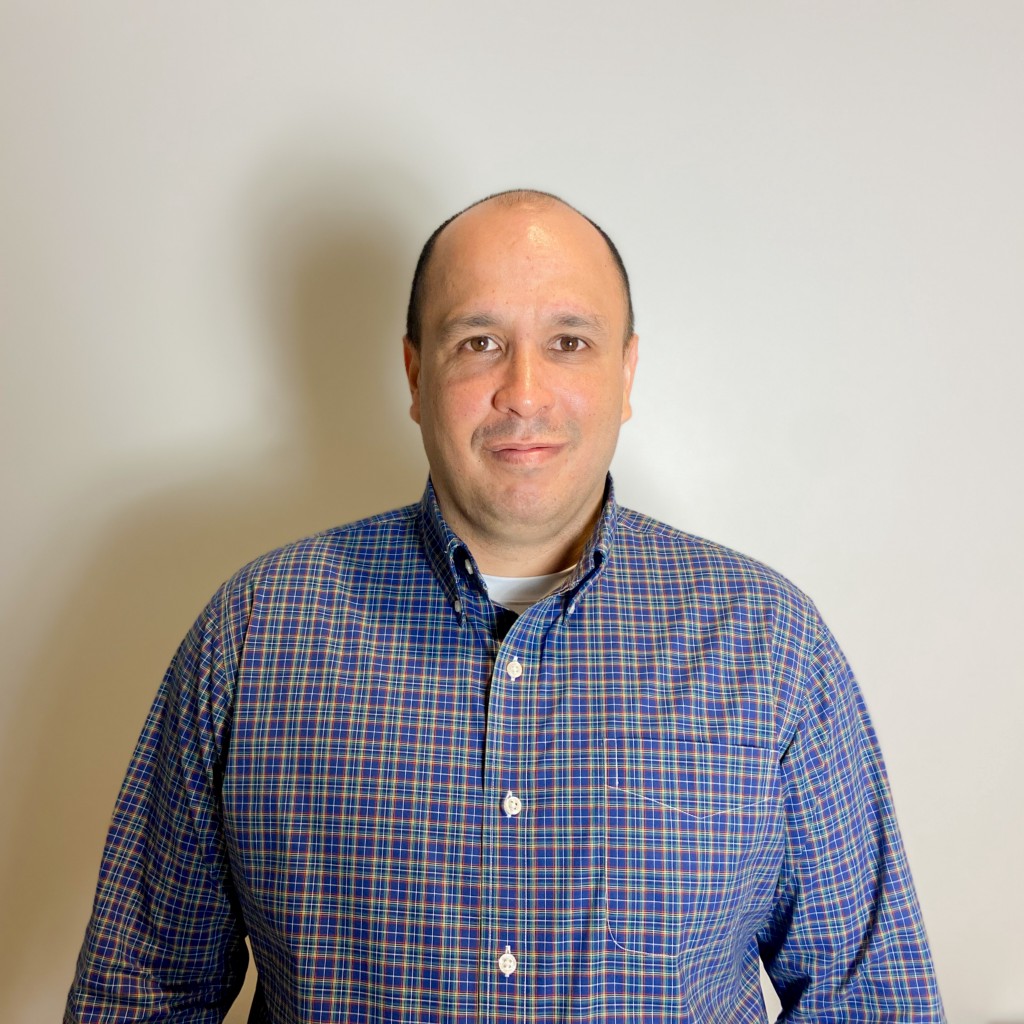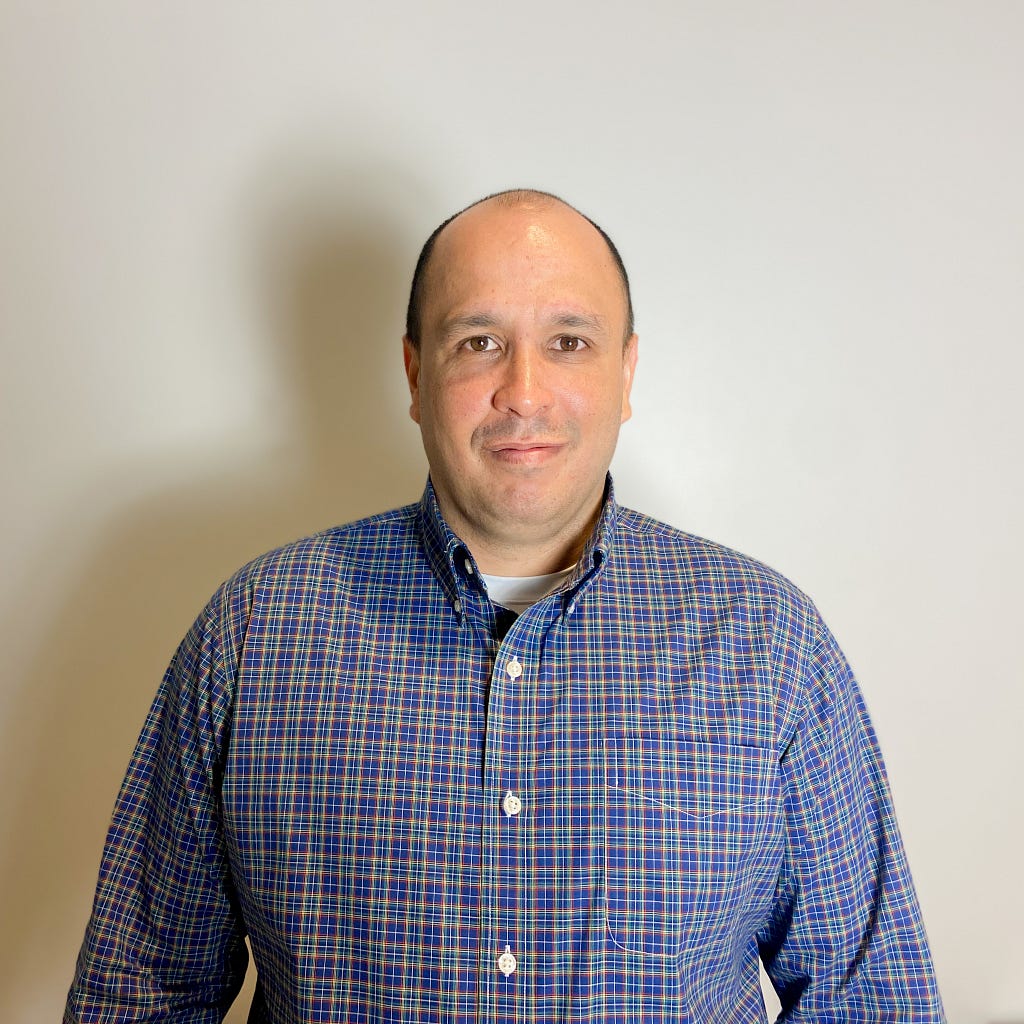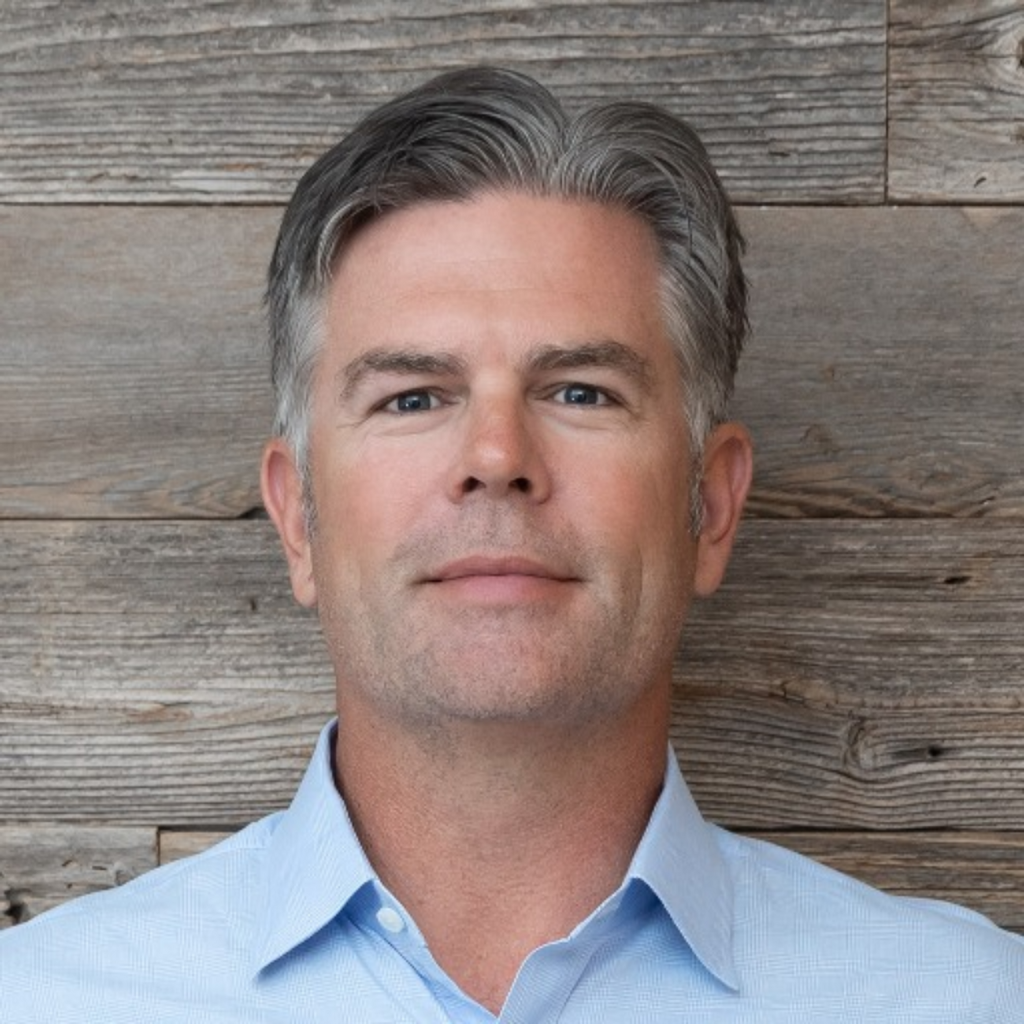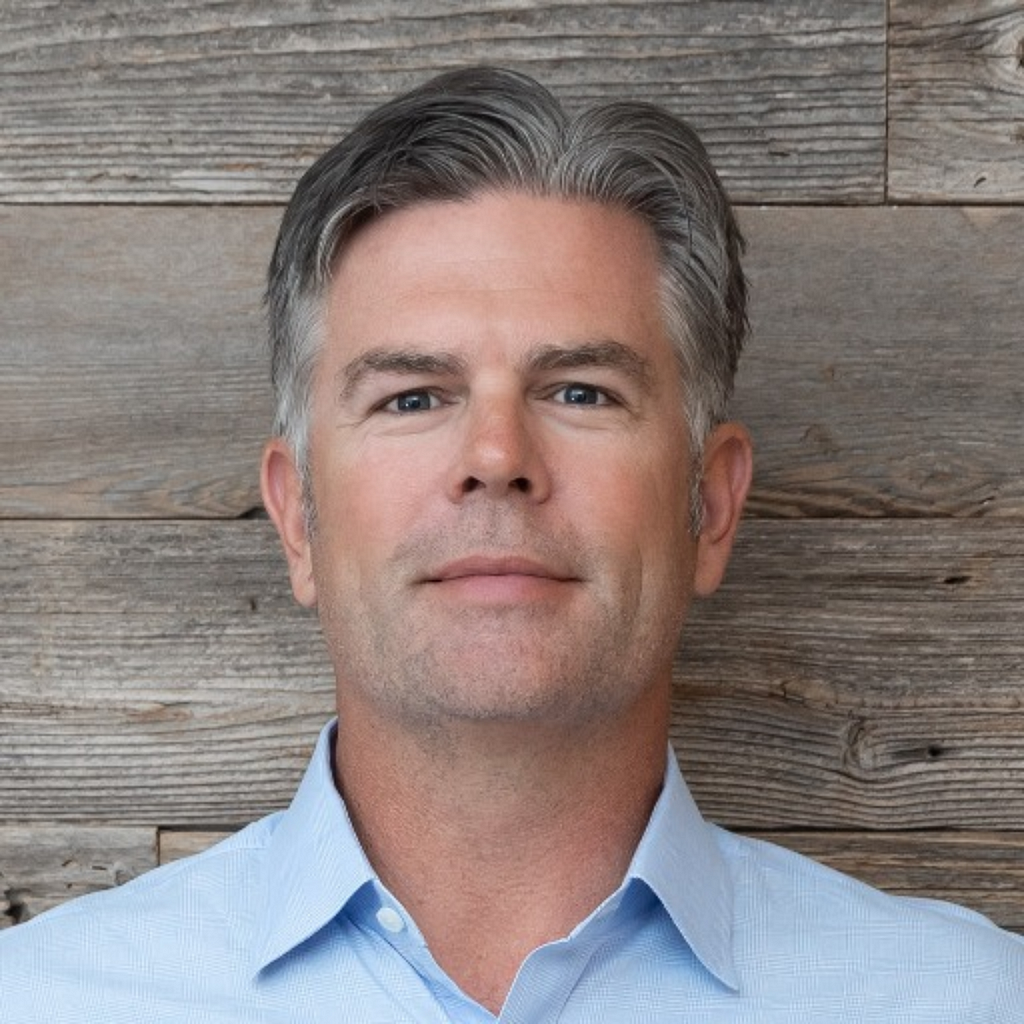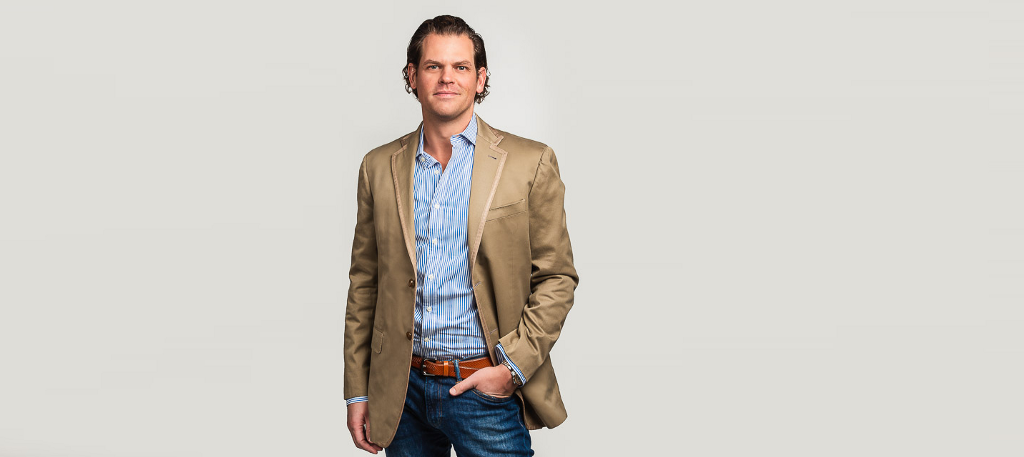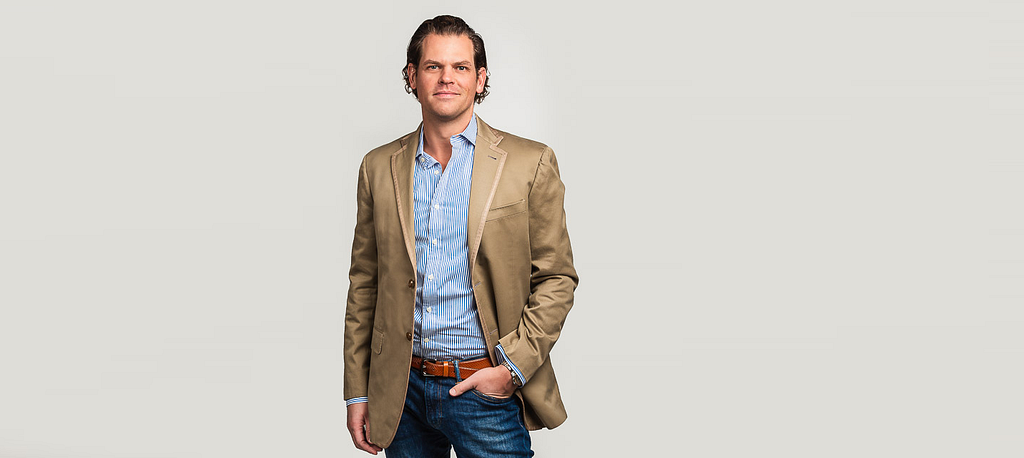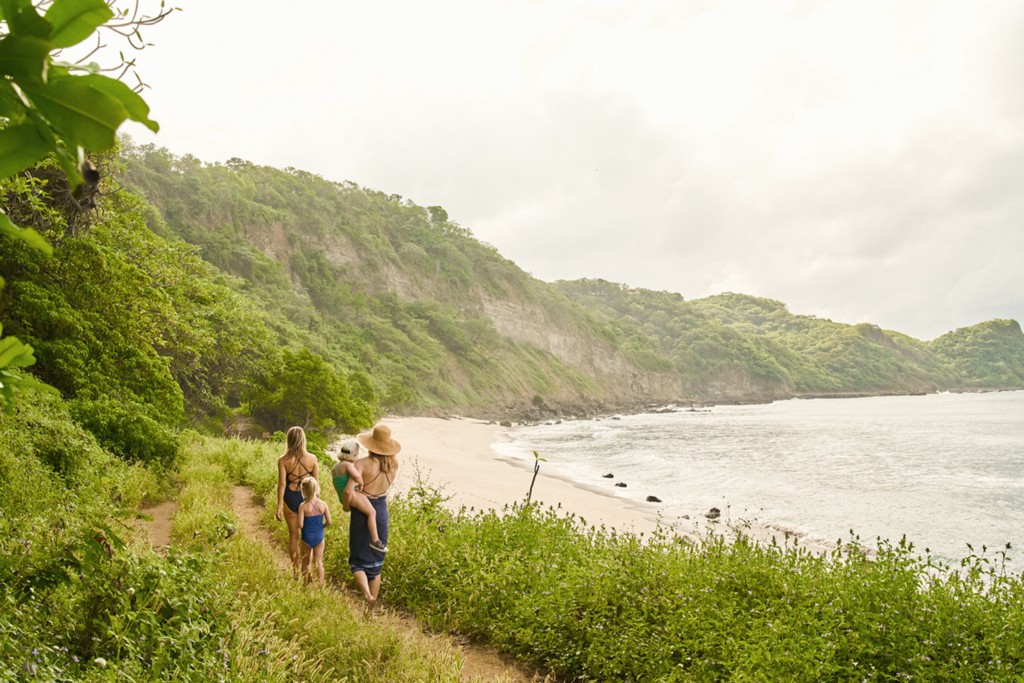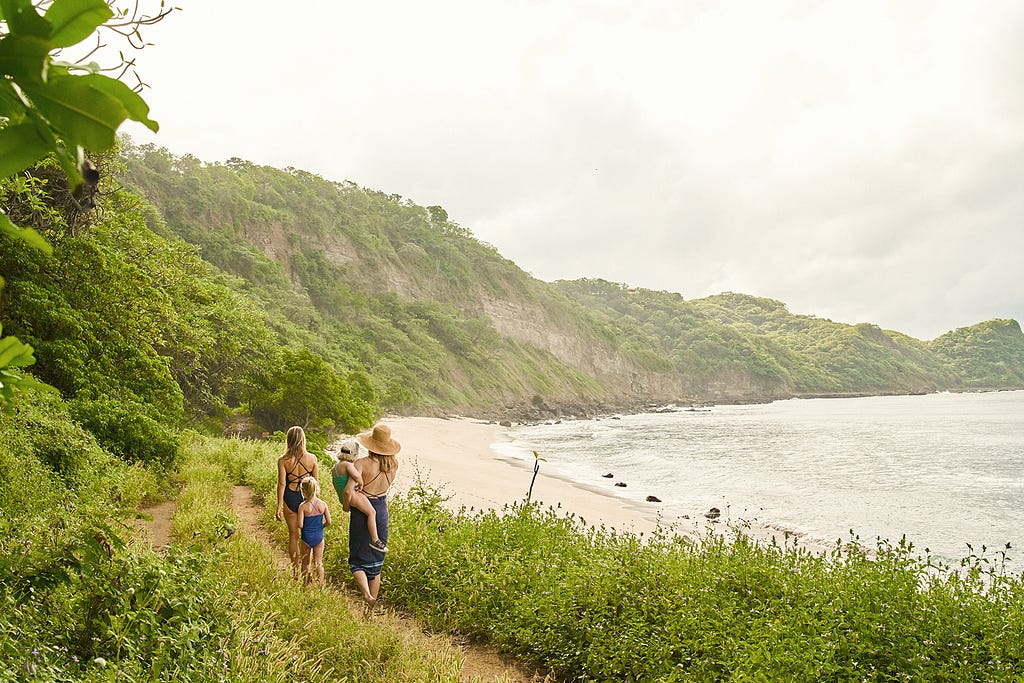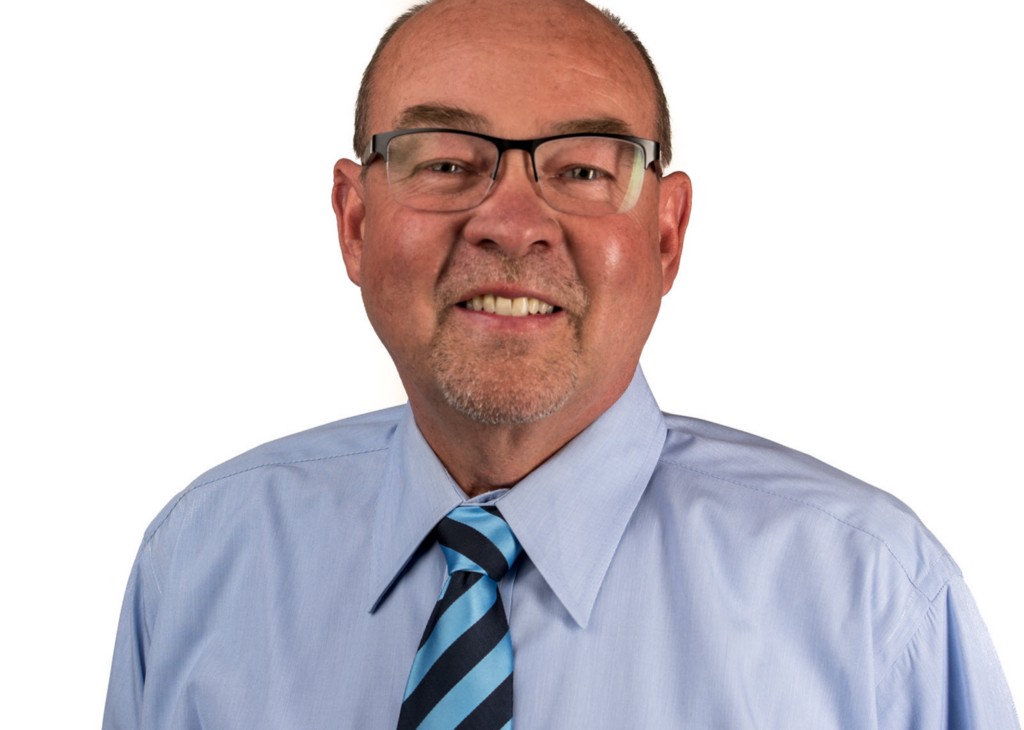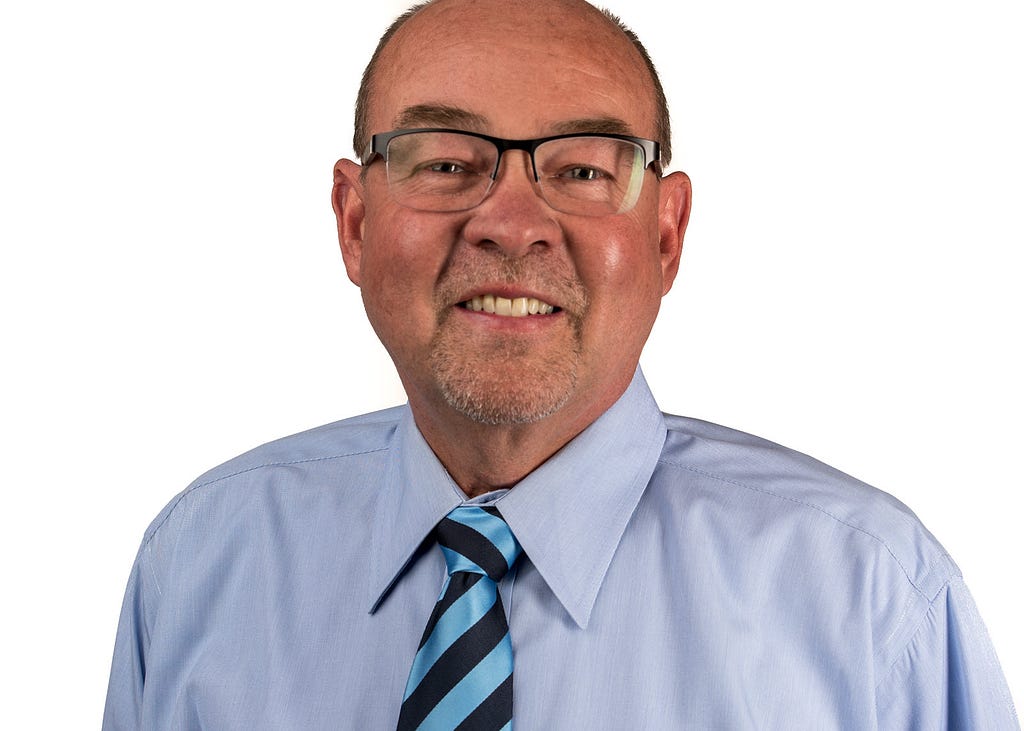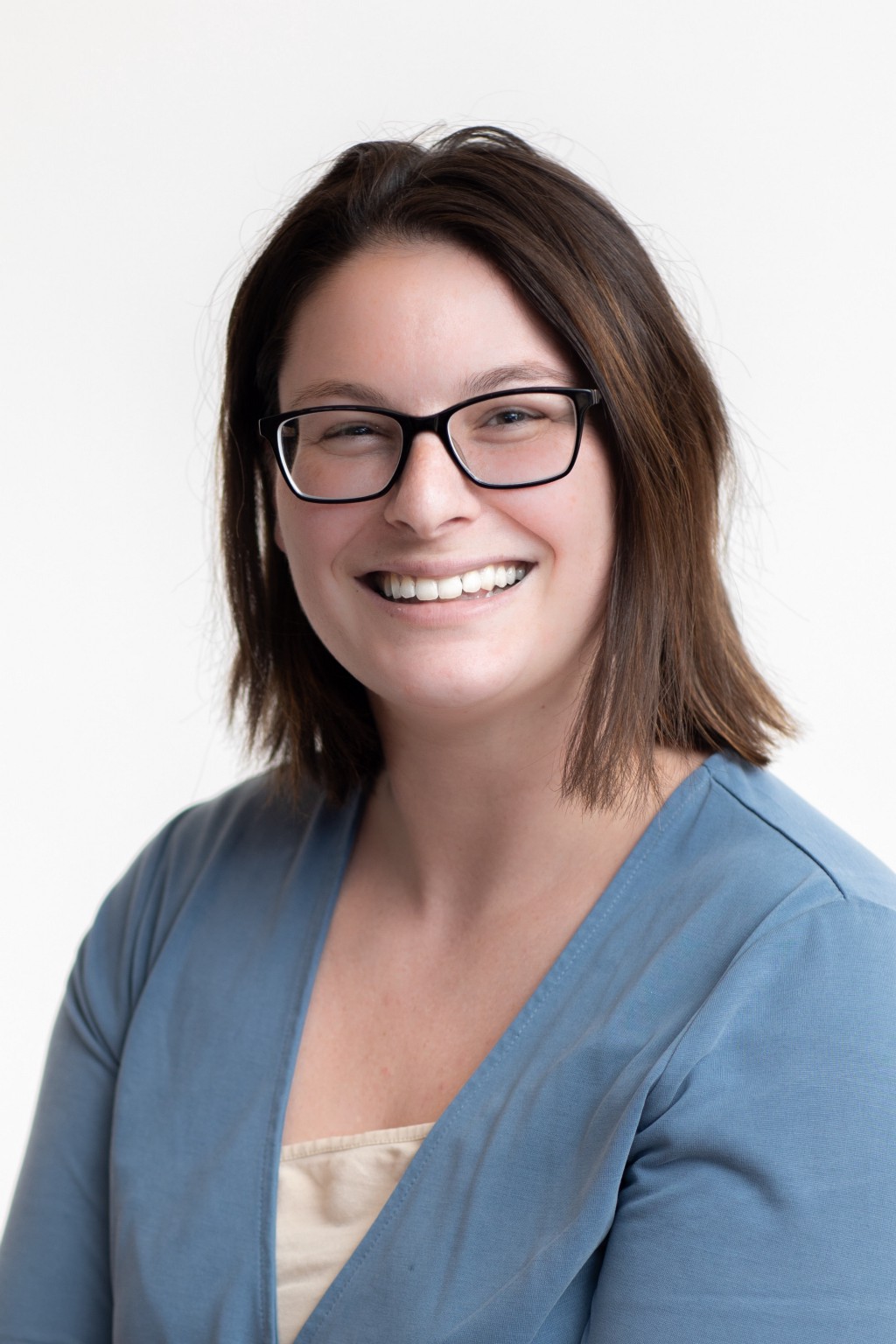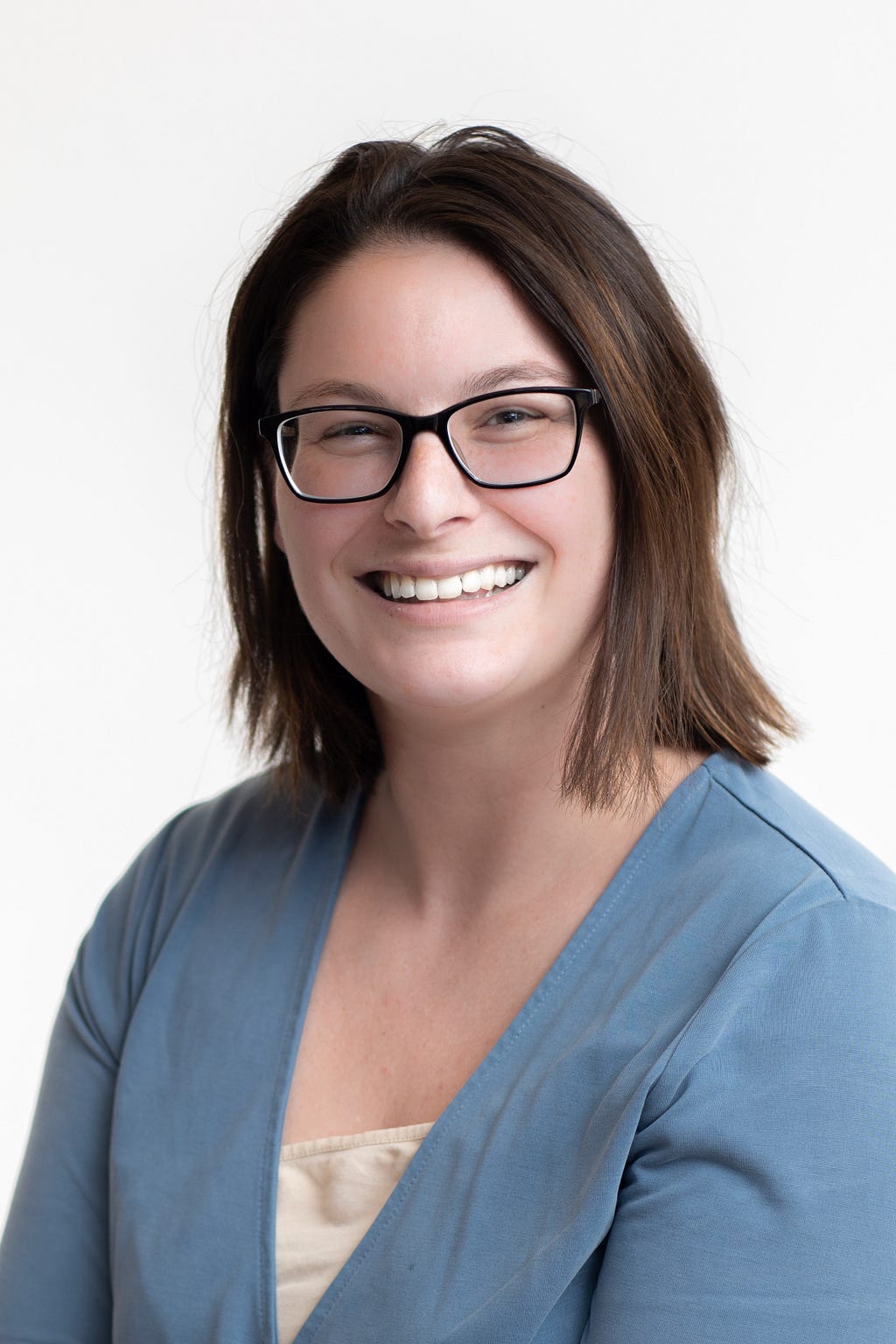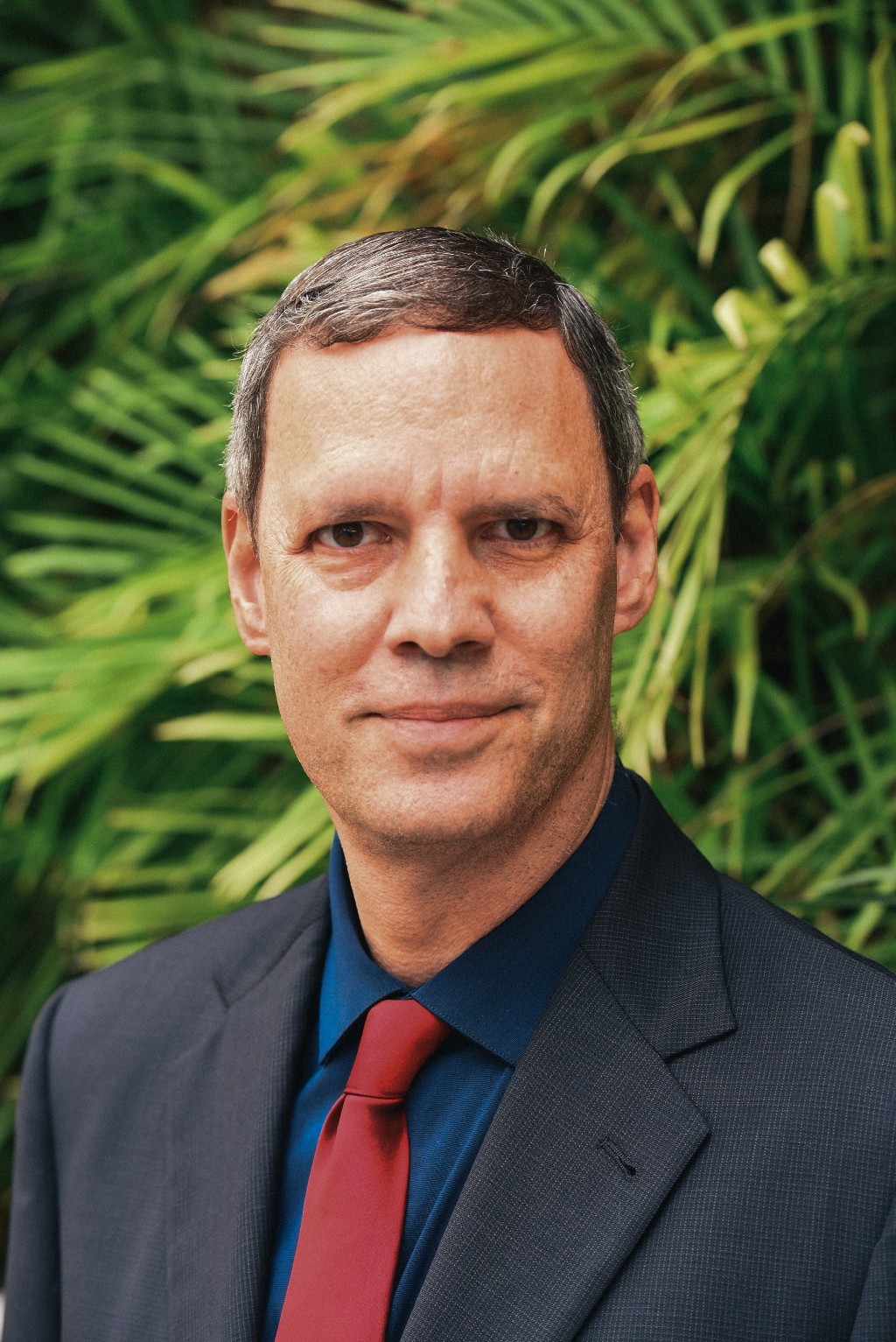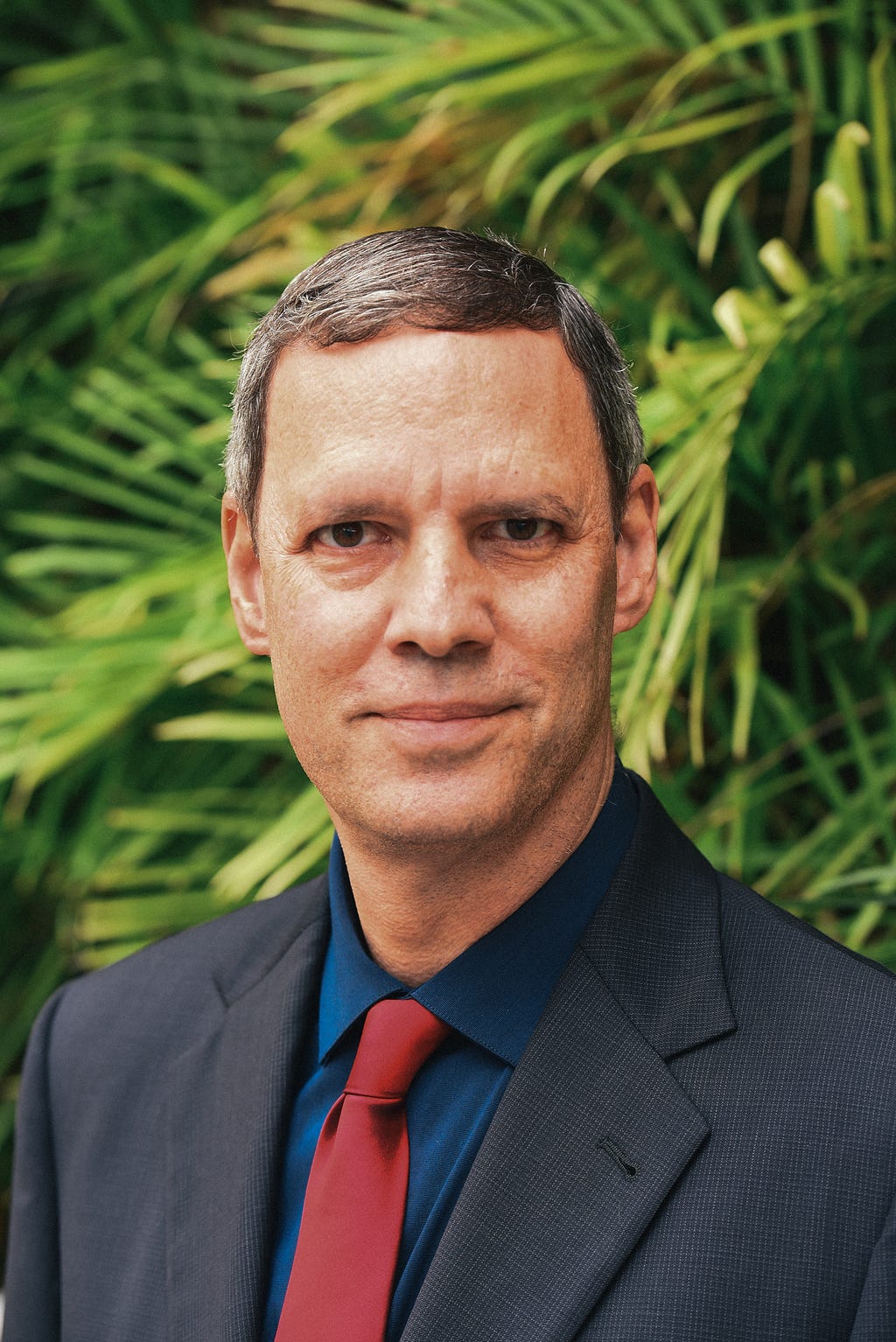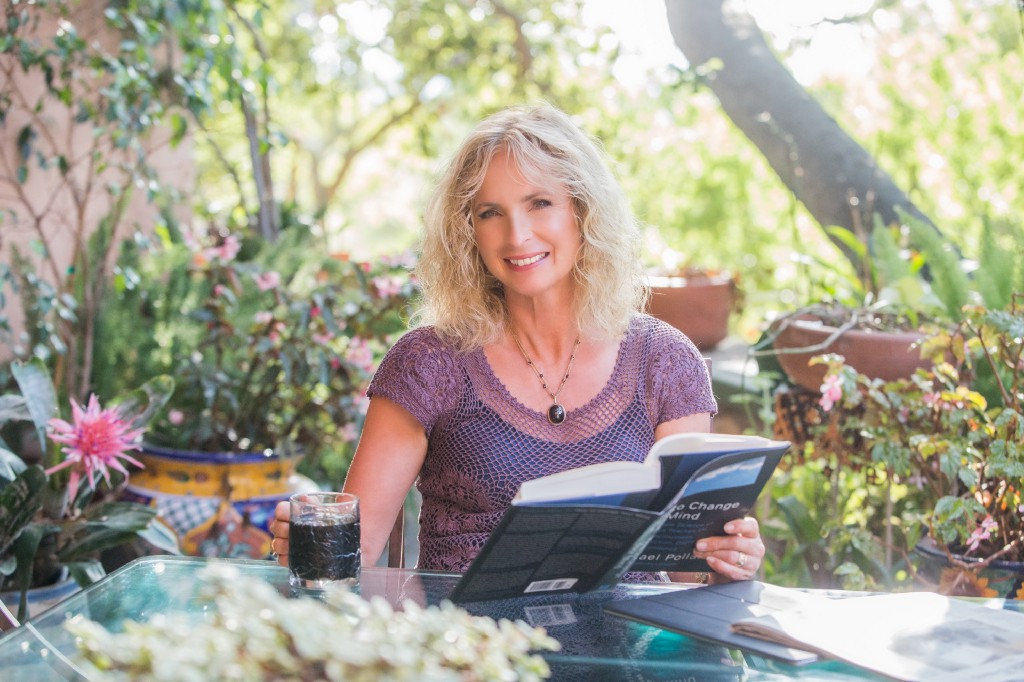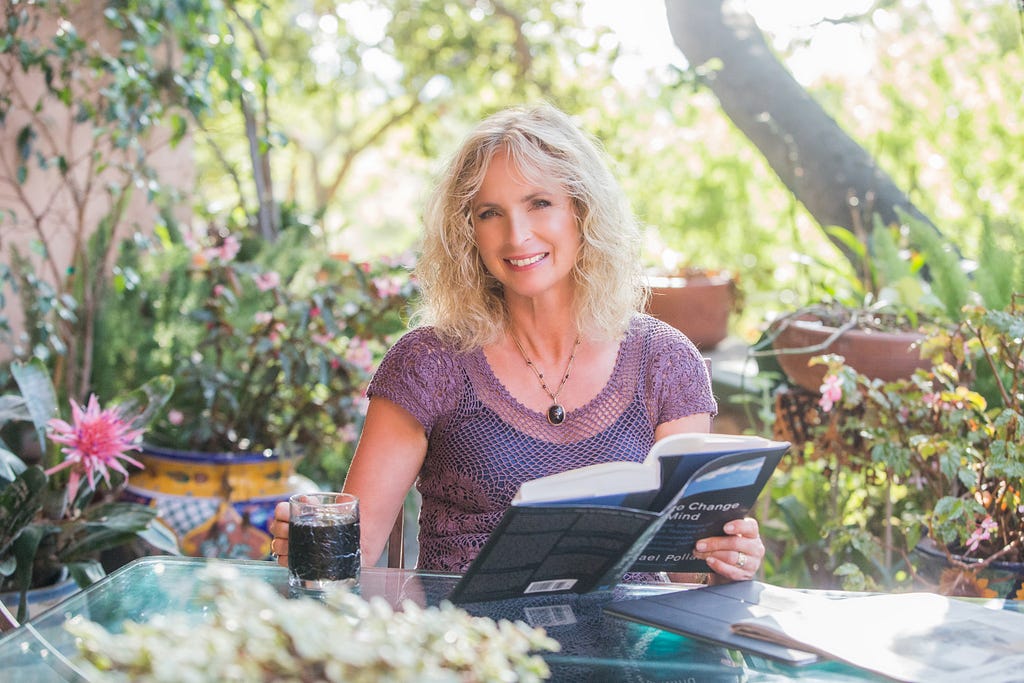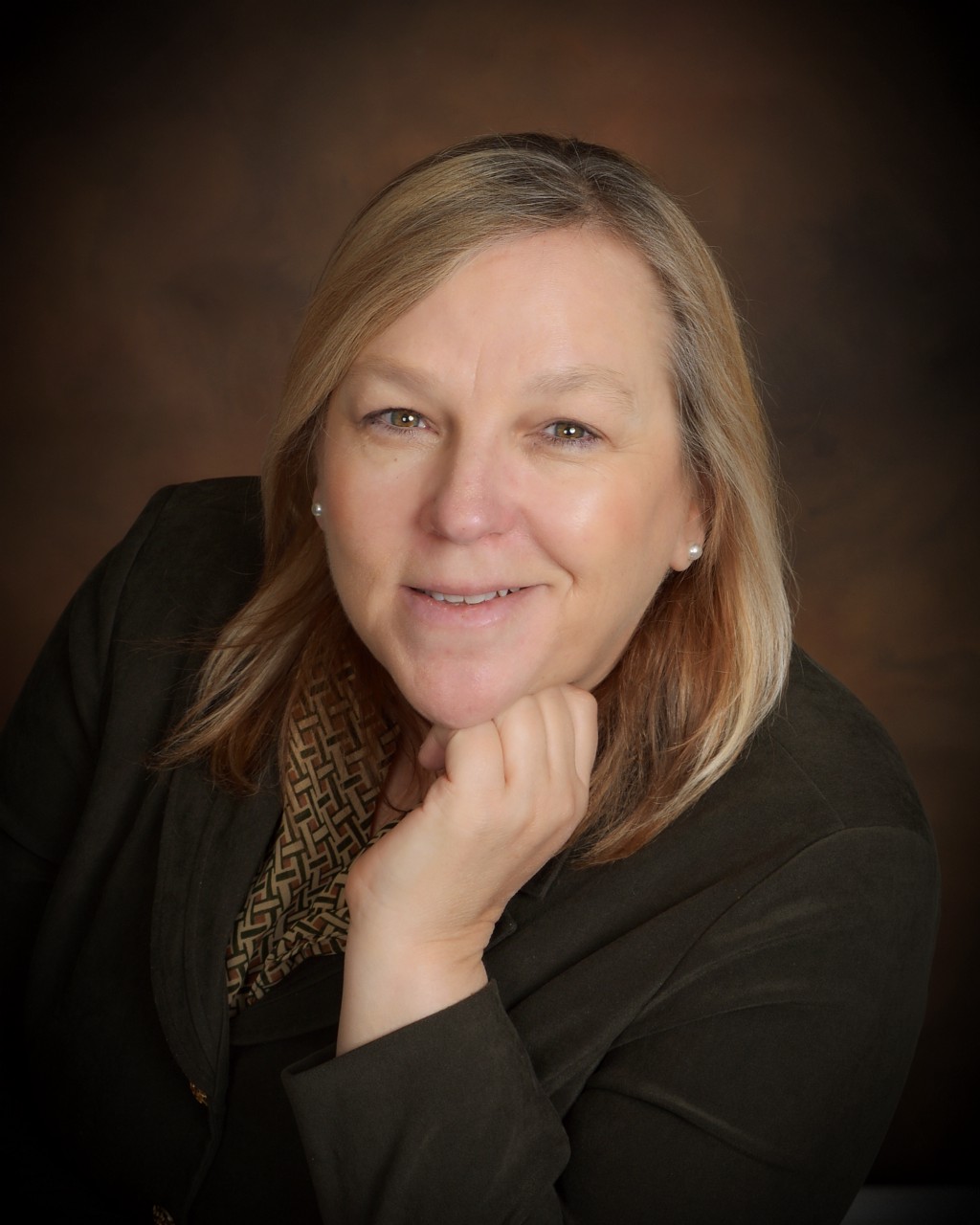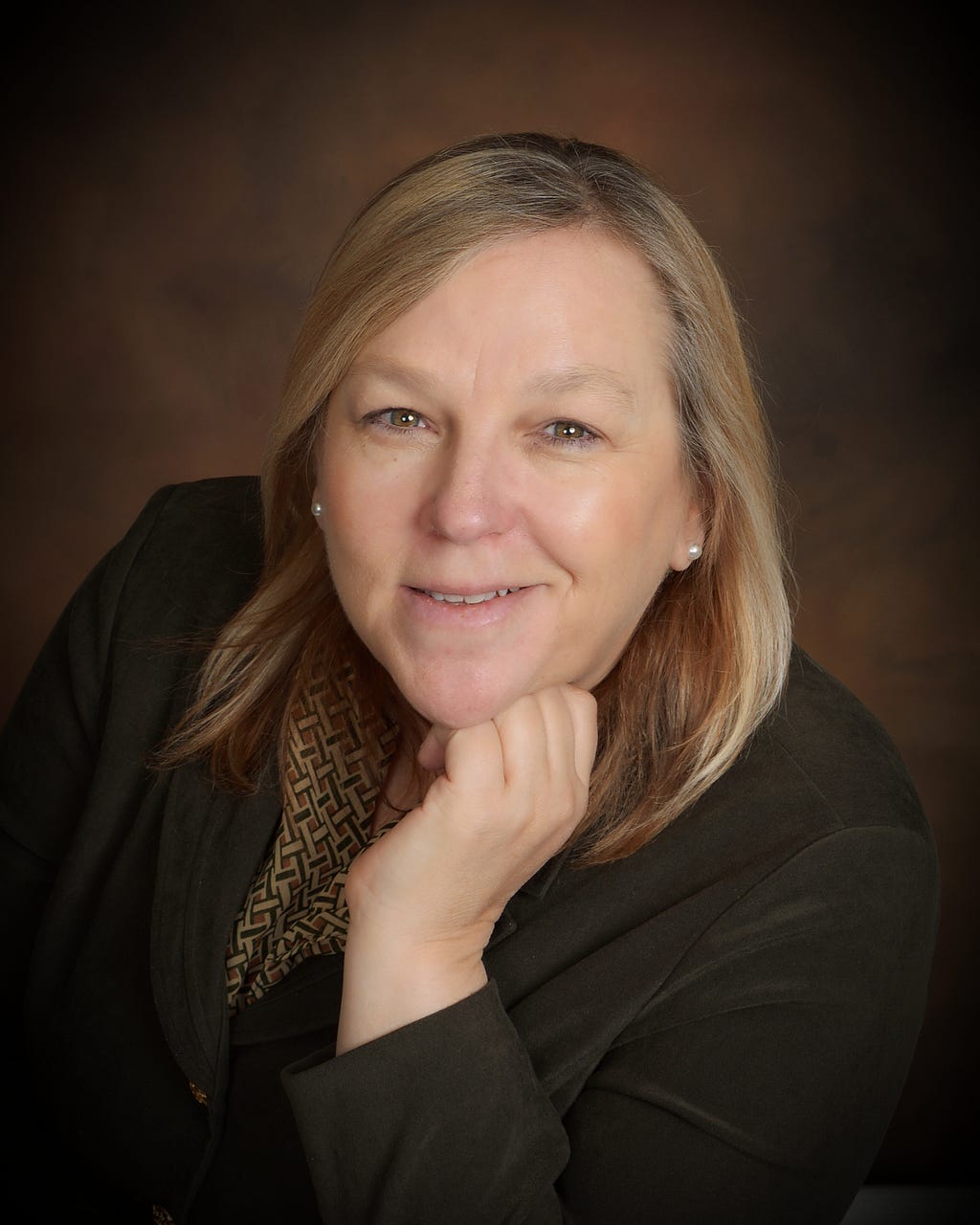Women In Wellness: Shannon Jackson On the Five Lifestyle Tweaks That Will Help Support People’s Journey Towards Better Wellbeing

…Social Relationships. The COVID-19 pandemic exposed the importance of having quality relationships. Staying connected socially with healthy relationships increase our sense of belonging, self-esteem, while also keeping us happier and healthier.
As a part of my series about the women in wellness, I had the pleasure of interviewing Shannon Jackson.
Shannon Jackson is an RN (Registered Nurse), PHN (Public Health Nurse), CLC (Certified Life Coach), BSN (Bachelor of Science in Nursing), MAOM (Master of Arts in Organizational Management) and motivational speaker who commits herself on a daily basis to make an essential difference for better in people’s lives. Throughout her distinguished career, she has accrued a variety of skills that empower her to uniquely provide healthcare well beyond the norm. She is setting a higher standard for those around her. As a result of being a motivational and a true thought-leader for our time of uncertainty, she is focused on caregiving and how to handle the many physical and psychological challenges we all encounter. Shannon is driven to motivate and inspire others to live better lives or as she says, “Living Your Life Without Limits.”
Thank you so much for doing this with us! Our readers would love to “get to know you” better. Can you share your “backstory” with us?
Born and raised in Compton, California, I grew up living with my Grandmother, the matriarch of our family, along with my beautiful young mother and uncle. My parents never married, as they were both young adults, both were 18 years of age. Although they lived separate lives, they maintained a civil relationship. Despite having a good family support system, I still ended up getting pregnant at the age of 15. To make matters worse, I had my second child by 19 years of age. So there I was single with 2 children, by 2 different men. Feeling embarrassed and shameful for spoiling my family’s name. At that point was when I was ready and decided to take responsibility for my own actions, and take control of my life. Through Prayer and family support, I was able to complete my Registered Nursing program by the age of 22; making me the youngest in my graduating class. I would further go on to pass the California Board of Registered Nursing Licensure examination on August 1, 1992. I am still humbled and grateful to this day as I look back and consider how far I have come.
Can you share the most interesting story that happened to you since you started your career? What were the main lessons or takeaways from that story?
My career as a Registered Nurse has spanned almost three decades. What I have found most interesting is how I have continued to evolve both professionally and personally. From the onset of my career, having started in a hospital Acute Care setting as a Direct Care Provider, I quickly moved up the ranks into nurse executive leadership roles as I continued in the hospital Acute Care setting for 20 years. I then transitioned out of the hospital environment to go into the Home Care arena which basically covers home health, hospice and private concierge. However, I believe the pivotal moment in my career came in 2019 when I decided to launch my podcast called, ‘Living Your Life Without Limits,’ which is also recognized as ‘LYLWL.’ I never imagined myself taking such a bold leap of faith. But there I was, committed and fully in it, as I moved forward with my exciting and inspiration-driven podcast.
Some key takeaways that I have learned throughout the scope of my career, from nursing to hosting and producing my own podcast, include the following:
- Take full advantage of every opportunity. Your past experiences, albeit some good and others not so good, ultimately take us to our present here and now. Every experience is an opportunity to learn and grow from. Our almighty stepping stones toward our polished individuality. To be and do more. This is what makes us who we are, the stuff that reflects our ‘been there, done that’ badge of growth. A wiser, experienced self… waiting for us on the other side of that evolution called Life. There is strength and confidence in knowing that it is all those badges of honor, my stones, that played a key role in getting me to where I am today. We glean from these life experiences and develop our character, what defines us as we get closer to perfecting who we are professionally and personally.
- Do not be afraid to tread into uncharted territories. Trying something different, and unfamiliar, can potentially be a gateway to your big break.
Can you share a story about the biggest mistake you made when you were first starting? Can you tell us what lesson you learned from that?
Because I was not familiar with the podcasting world when I started, I relied heavily on what others were telling me. What I should do, or not do. As I blindly trusted during this earlier period without really doing my own research to have a clear and definitive business plan. This was one of my biggest mistakes in launching LYLWL. And I paid heavily for it by loss of money, time, and a lot of stress in between. So, what did I learn from this experience?
- Do my own research.
- Develop a strategic business plan, which will include a SWOT analysis: Strength, Weakness, Opportunities, Threat
- Build a core team who will not only champion and reflect my organization’s vision, but have the wherewithal through skill and talent to help execute my plan.
None of us can achieve success without some help along the way. Is there a particular person who you are grateful towards who helped get you to where you are? Can you share a story about that?
There is no one person. I am blessed to have a small core team that has been instrumental in helping my LYLWL brand and overall platform to get off to a great start. It truly has been a small village effort and I would be remiss if I did not acknowledge the entire LYLWL team. Each of them has played a critical role in the 2020 launch of LYLWL. A special ‘Thank You’ to them all:
Larry my husband, Shanell my daughter and son Cravon, Lerhonda executive assistant, Barry video/editing manager, David photographer, Tany PR, Trina customized LYLWL designs, Joe music producer, Candour Tech Solutions on digital marketing, and Rodney Jon make-up artist.
Ok perfect. Now let’s jump to our main focus. When it comes to health and wellness, how is the work you are doing helping to make a bigger impact in the world?
Today there is an urgent need to encourage and empower people to take control of their own health and wellbeing. This requires a person to accept ownership of their own personal health and wellness goals. With the support, guidance, and compassion of a trained nurse coach, which is my forte, I can help clients work towards designing a healthier lifestyle. An improved quality of life by intentional creating. To put my guidance into practice is where we see these amazing transformations unfold… further revealing we have the potential to change the world, one person at a time.
Can you share your top five “lifestyle tweaks” that you believe will help support people’s journey towards better wellbeing? Please give an example or story for each.
In this instance I would like to use the term, ‘lifestyle design change.’ The term essentially means that we embody the idea that we can create a life of our choosing. Thus by making minor tweaks and gradual lifestyle changes, one day at time, then this approach can be truly effective and make a positive impact towards one’s overall health and wellbeing. Further keep in mind, as everyone is different, the lifestyle modification goals will be also different and customized to suit the individual’s specific needs
Also consider, as some research suggests, that 80% of chronic illness can be prevented or symptoms reduced simply by making Lifestyle modifications. Therefore here are my top five lifestyle tweaks:
- Diet change. By incorporating more whole foods, and plant-based nutrition into your daily diet, along with cutting out unhealthy items like added sugars and refined grains, the research suggests it is possible to decrease the effects of chronic conditions such as: cardiovascular, cancer, obesity, Type 11 diabetic, and hypertension. As the saying goes, ‘You are what you eat.’
- Regular physical activity works in tandem with your diet. It can have immediate and long-term health benefits that can improve your quality of life. Without regular physical activity, your body slowly loses its strength, stamina, and its ability to function properly. Physical activity can also relieve stress, anxiety, depression, and anger.
- Practice mindful meditation. Mindfulness meditation is a mental training practice that teaches you to slow down racing thoughts… to let go of negativity and calm both your mind and body. By practicing mindful meditation, and routinely, it can further help you to detect early stress triggers, as well as reducing their impact.
- Getting enough sleep. One of the most overlooked areas in our wellness journey is how sleep plays an important role. Sleep is considered one of the four pillars of health alongside nutrition, physical fitness, and emotional balance. Poor sleep patterns can slow your physical and cognitive reactions. Thus increases your potential to make mistakes and errors. In addition, poor sleep increases a person’s risk for potentially making them prone to a variety of chronic health conditions. Such as diabetes and coronary artery disease.
- Social Relationships. The COVID-19 pandemic exposed the importance of having quality relationships. Staying connected socially with healthy relationships increase our sense of belonging, self-esteem, while also keeping us happier and healthier.
On a personal note, I have embarked on my own health and wellness journey and have incorporated these five lifestyle modifications into my own self-care plan. As a nurse we are taught to care for others. It is engrained into our life purpose. However, I had to take a step back and ask myself a burning if not obvious question… How is it I can give so much to others, tending to their needs, while neglecting myself? Then last year the answer came to me through an ‘aha’ moment. In faith I believe that was when I was guided with the vision for starting my podcast, ‘Living Your life Without Limits.’ And now after starting this platform only since January of this year, I noticed I started to really peak over the summer with a steady monthly growth of almost one thousand new audience members flocking to my podcast. This is my further affirmation that I am pursuing the right path as further validated through my amazing audience. I am truly grateful to be a voice and soundboard for those who have been tuning in to my weekly episodes. After all, I am doing it all for them.
If you could start a movement that would bring the most amount of wellness to the most amount of people, what would that be?
My movement would be called, My Health and Wellness Are My №1 Priority.
Understanding the importance of taking preventative measures in our personal health and wellness journey is far better than working on any disease cure.
I believe people live unhealthy lifestyles because of some of the following reasons:
They are unaware of the health issues they will potentially face later in their life.
They don’t believe it will happen to them.
There is no will power to make sustainable change.
My movement would center around initiatives and actions that would be focused on changing people’s attitude and their perceptions as related to their own health and wellbeing.
What are your “5 Things I Wish Someone Told Me Before I Started” and why?
Before I started my podcast, I would have loved for someone to share the following with me:
- Podcasts are big business… our modern day radio. With millions of people listening to podcast shows daily, it is important to have clear set goals. Your podcast should be aligned with your business plan.
- Have the right branding in place. From the title, artwork, a polished audio, clear video, and great topics to make sure your message and branding are one track with your platform and speak to your audience of course.
- Analyze your data. Knowing your audience will help you to select the right-fit topics and be better equipped to understand your level of engagement. Statistics are your guide, telling you not only how many people downloaded your show, but where they are from and what app or distribution network they are using. This data is an excellent tool for assisting you in making any needed changes to improve your podcast platform.
- SEO / Search Engine Optimization. How easy it is for someone to find you through brand awareness.
- Relax and enjoy the ride. Despite entering a new arena and having a deep learning curve, it is through persistence, passion, and resilience that will bring you a just reward. Be patient with yourself through this process.
Sustainability, veganism, mental health, and environmental changes are big topics now. Which one of these causes is dearest to you, and why?
Mental Health. I believe mental health includes our emotional, psychological, and social wellbeing. It affects how we think, feel and act. It also helps us to identify and determine how we handle stress, relate to others, and make life choices. Nurturing our mental health essentially allows us to feel good about ourselves… thus be more productive and positively affected in our overall quality of life.
What is the best way our readers can follow you on social media?
Website: https://www.livingyourlifewithoutlimits.com
Facebook: https://www.facebook.com/livingyourlifewithoutlimits
Instagram: https://www.instagram.com/livingyourlifewithoutlimits
YouTube: https://www.youtube.com/c/LivingYourLifeWithoutLimits
Thank you for these fantastic insights!
Women In Wellness: Shannon Jackson On the Five Lifestyle Tweaks That Will Help Support People’s… was originally published in Authority Magazine on Medium, where people are continuing the conversation by highlighting and responding to this story.



